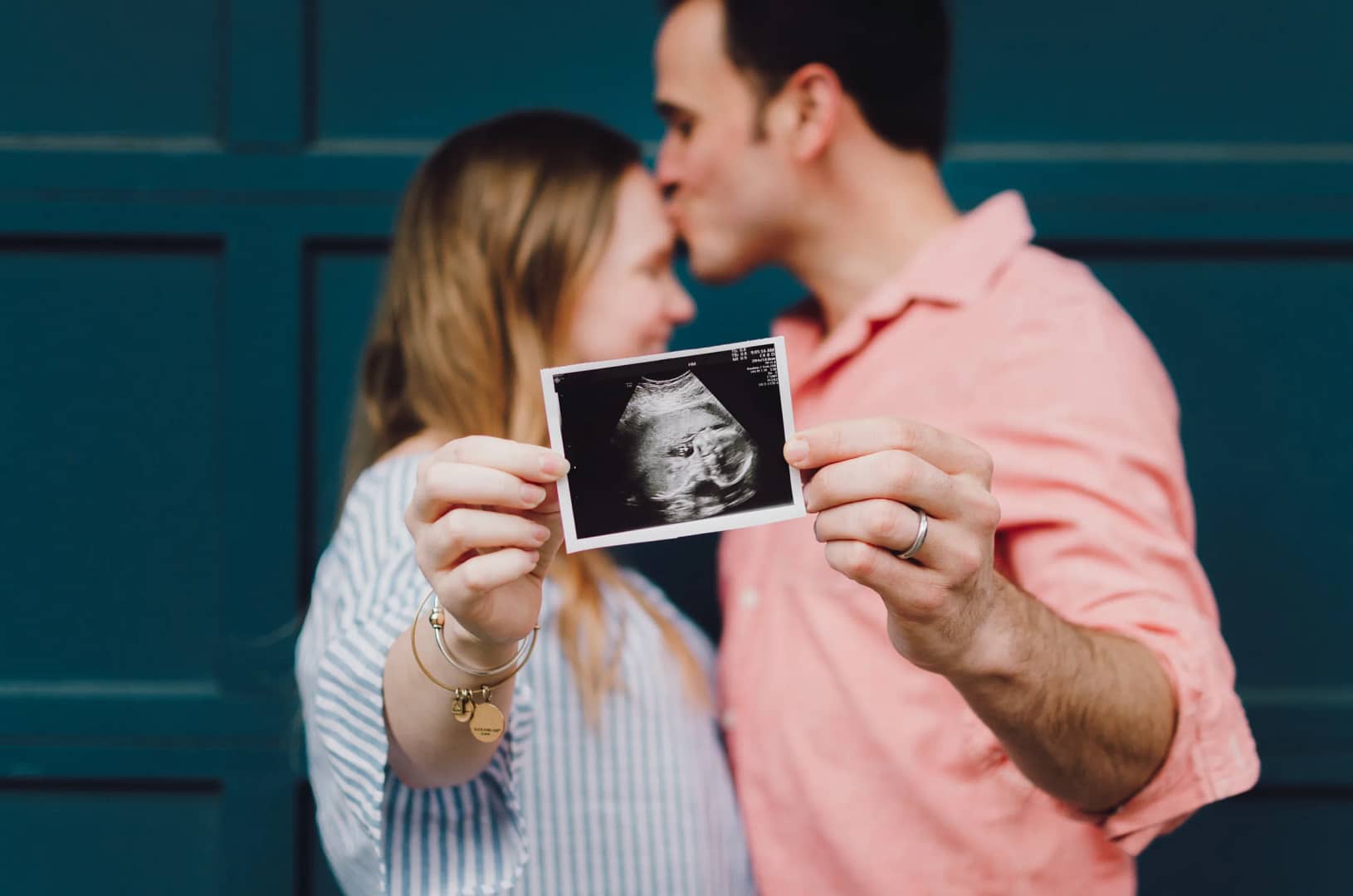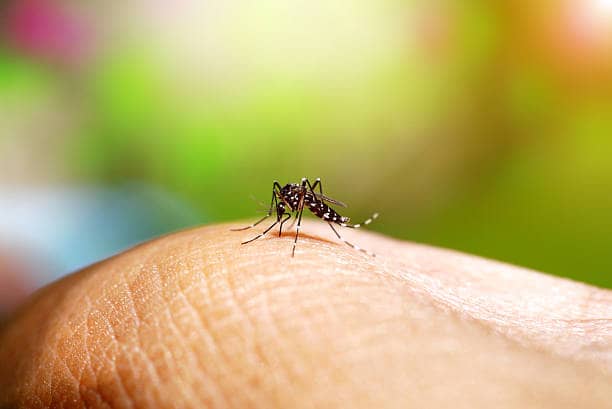What To Expect?
Congrats on your good news about pregnancy. You will be filled with a lot of emotions and happiness as you were waiting for this miracle to happen for a very long time. You will also have so many questions in mind regarding pregnancy. What symptoms will I show? When will be my due date? How to take care of my developing baby? What complications should I know about? How many calories should I take? etc. It’s good to get knowledge of all these things and be ready to face every challenge you come across during those 9 months of pregnancy.
How Pregnancy Occurs:-
Pregnancy occurs when the sperm released by the male partner fertilizes an egg released from the ovary of a female during ovulation or sex or conception. Within three days after conception, the fertilized egg travels down to the uterus through the fallopian tube, where implantation occurs and results in pregnancy. At the time of fertilization, your baby’s gender and genetic makeup are complete. You don’t get pregnant every time you have sex. If the sperm enters the uterus at the correct time when the ovary releases its egg, only then does implantation occur. A full-term pregnancy will last for 40 weeks which is 9 months.
The family must take care of the growing fetus in the womb and also take care of the mother. The mother also must take care of herself and her baby. You have to maintain a proper diet, and a little bit of exercise, follow doctors’ advice, use medications prescribed by the doctor, and keep a regular checkup with your doctor to maintain a healthy pregnancy.
Symptoms Of Pregnancy:-
1. Missed period:- A missed period is a very common and early sign of pregnancy every woman faces. Take a pregnancy test if you didn’t get your period for more than one week. In some women, the implantation had already occurred before they get periods. You can take a pregnancy test yourself by the pregnancy testers available in the market or you can make an appointment with the doctor to take a pregnancy test.
2. Tender and swollen breasts;- You may notice your breasts have become tender and the area around your nipples has become darker and increased a diameter than before. This is because of the increase in estrogen and progesterone hormones. Your breasts become tender and swollen to start preparing milk for your baby who is going to come out in a few months.
3. Nausea (Morning Sickness):- This is mainly caused due to the pregnancy hormones which are making their place in your body to develop your baby. It can occur anytime during the day, mainly it occurs in the morning when you are on an empty stomach. The exact cause of nausea is still not known. It will be there throughout the pregnancy and in some women, it may go away after 2 to 3 months of pregnancy. To avoid this have some food or snack when you wake up. Don’t keep your stomach empty. It may fill with gas and cause vomiting.
Place
4. Vomiting:- Many women show those symptoms of vomiting early in the morning or any time in the day. Vomiting can occur due to gas formation in your stomach when you don’t eat anything or give a long gap between meals and snacks. Some women may even vomit if they smell something very bad since their nose has become extra sensitive during pregnancy.
5. Frequent urination:- You may notice this symptom after 2 to 3 weeks of pregnancy. This is because of the hormone hCG, which increases blood flow to your kidneys to get rid of all the waste products present in you and your baby’s body. Since your uterus is growing continuously, it may put some pressure on your bladder and leave less storage space for urine. If you pass urine normally every time, there is no need to worry. If you feel pain while urinating, contact your doctor immediately as this may be due to a urinary tract infection.
6. Mood Swings:- This is also due to the pregnancy hormones. It occurs in the first trimester and can be throughout pregnancy too. You could be happy a minute and sad the next minute. This also depends on what you thinking or the environment around you.
7. Fatigue:- Feeling tired is very normal in the initial days of pregnancy. This is because of changes in hormones, blood pressure, lower levels of blood sugar, and increased production of blood cells. Take plenty of rest and eat a healthy diet that contains iron and protein. Your body is utilizing a lot of energy to make life inside your womb. This can make you a little bit weak and tired often.
8. Spotting or light bleeding and cramps:- This is also called implantation bleeding which occurs after one week of pregnancy. This occurs when the fertilized egg attaches to the wall of the uterus after conception. There will only be light spotting of blood and slight menstrual cramps. They shouldn’t be painful. If they are painful then call your doctor immediately. Many women may have vaginal discharges well throughout the pregnancy which is white and mashy with no smell. This happens when your vaginal walls thicken to protect your baby inside when the cells lining the vagina increase in growth.
9. Constipation:- The higher levels of the hormone progesterone will make you constipated by slowing your digestion process. It takes more time to reach into the bloodstream and then reach your baby. This can also be called bloating. Drink plenty of water and fiber-rich foods. Walk or exercise a bit to prevent bloating.
10. Headaches and Backpain:- These symptoms are very common throughout the pregnancy in many women. Pregnancy hormones are to be blamed for this. When your uterus expands it puts more pressure on your back, hence causing back pain. Back pain may increase in 8 or 9 months of pregnancy when your baby is fully grown and has put all the pressure on your back.
11. Dizziness:- Many women in the olden days found out they were pregnant when they fainted or vomited. Though this symptom is not seen in every pregnant woman, some women may feel dizzy often. This is caused due to the change in hormones.
12. Food cravings:- Since your body is utilizing so much energy it needs extra calories in the form of food and drinks. You may see pregnant women eating a lot in their first trimester. Your heart might tell you to eat junk foods, oily foods, and snacks. It’s ok to have those in a little quantity at this time. Try to have healthy food whenever you feel hungry.
Early pregnancy symptoms include missed periods, tender breasts, and nausea. Symptoms of pregnancy may differ from one woman to another. Some women may experience only a few symptoms and some others don’t show any symptoms at all. They get to know they are pregnant only when they miss their periods or when they take a pregnancy test.
In my case, I didn’t experience any of these symptoms. I missed my periods for more than one week so took a pregnancy test and got positive. After a few weeks, I started feeling weak, and tired, having food cravings, and having slight back pain.
If you want to test your pregnancy at home, buy this pregnancy tester from Amazon which is affordable and easily usable.
Important Notes:-
- The first trimester is a very important phase of pregnancy as it is very delicate. If proper care is not taken, you can lose your baby.
- Have plenty of fluids to keep your body hydrated. Dehydration can cause problems for you and your baby. Have fresh homemade juices.
- Have vitamin, calcium, mineral, and nutrient supplements given by your doctor. The folic acid tablet is the main supplement you have to take throughout your pregnancy.
- Don’t take too much rest and lie in bed always. Stay active and healthy.
- Have a healthy diet that includes proteins, carbohydrates, and fiber.
- Avoid alcohol, tobacco, and drugs.
- Have regular visits with your doctor.
- Avoid eating pineapple and raw papaya throughout pregnancy. You can have these fruits in the 9th month.
- Ask your doctor before taking any medicine for fever, cold, cough, or any other viruses.
- Women with HIV and hepatitis B should take medications during pregnancy prescribed by the doctor to not transmit the disease to the baby.
- Maintain a healthy weight before itself so that there are no complications during pregnancy.
- Having sex is safe throughout pregnancy.
- If you have any diseases like diabetes, blood pressure, or thyroid, you have to consult your doctor for a safe pregnancy.
Pre-Plan Your Pregnancy:-
- Choose a good hospital and a good doctor for you.
- As soon as you know you’re pregnant, visit your doctor. He will take all the medical tests necessary and tell if your health or some health issues can affect your baby.
- Your blood test, urine test, and pelvic exam should be done in your first appointment itself.
- Visit your doctor every 4 weeks to check for blood pressure, weight, baby’s heartbeat, urine and blood tests, and medicines.
- Plan a budget for your baby from your expenses.
Pregnancy Trimesters:-
1st trimester – 1 to 13 weeks
2nd trimester – 14 to 27 weeks
3rd trimester – 28 to 40 weeks
How many weeks are there in a pregnancy month:-
- 1st month – 1 to 4 weeks
- 2nd month – 5 to 8 weeks
- 3rd month – 9 to 13 weeks
- 4th month – 14 to 17 weeks
- 5th month – 18 to 22 weeks
- 6th month – 23 to 27 weeks
- 7th month – 28 to 31 weeks
- 8th month – 32 to 35 weeks
- 9th month – 36 to 40 weeks
Discover more from supermomsclub
Subscribe to get the latest posts sent to your email.



